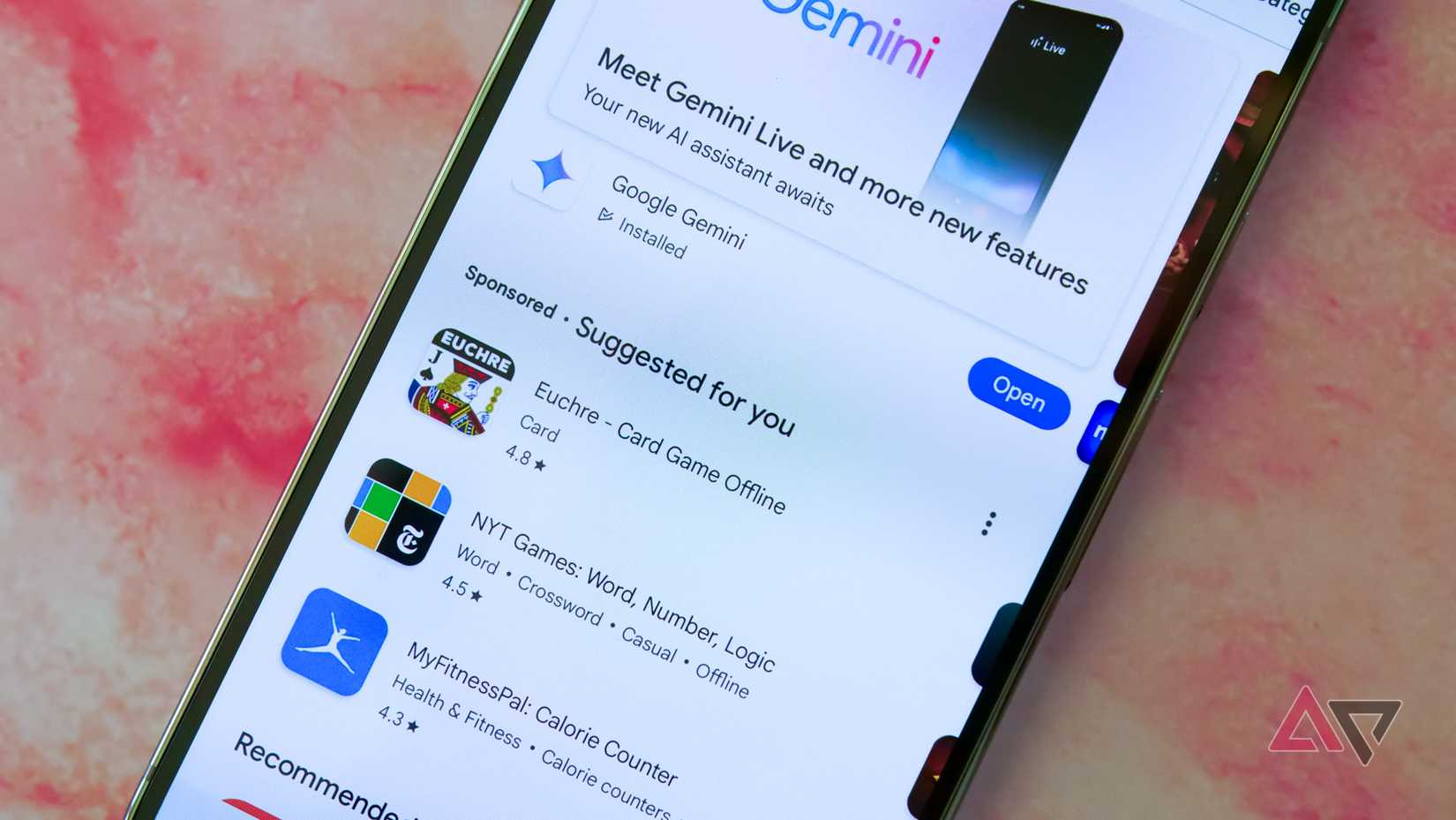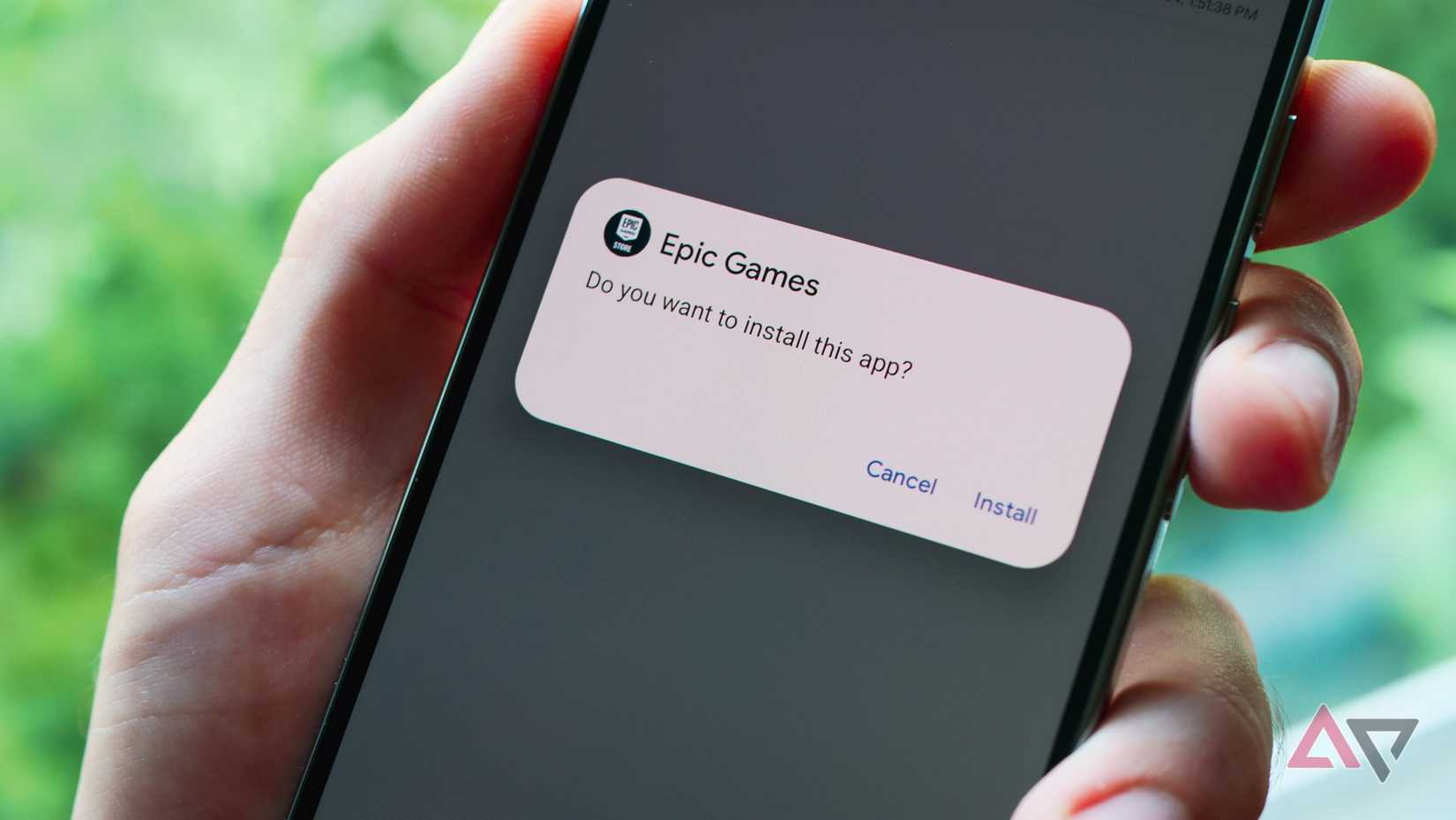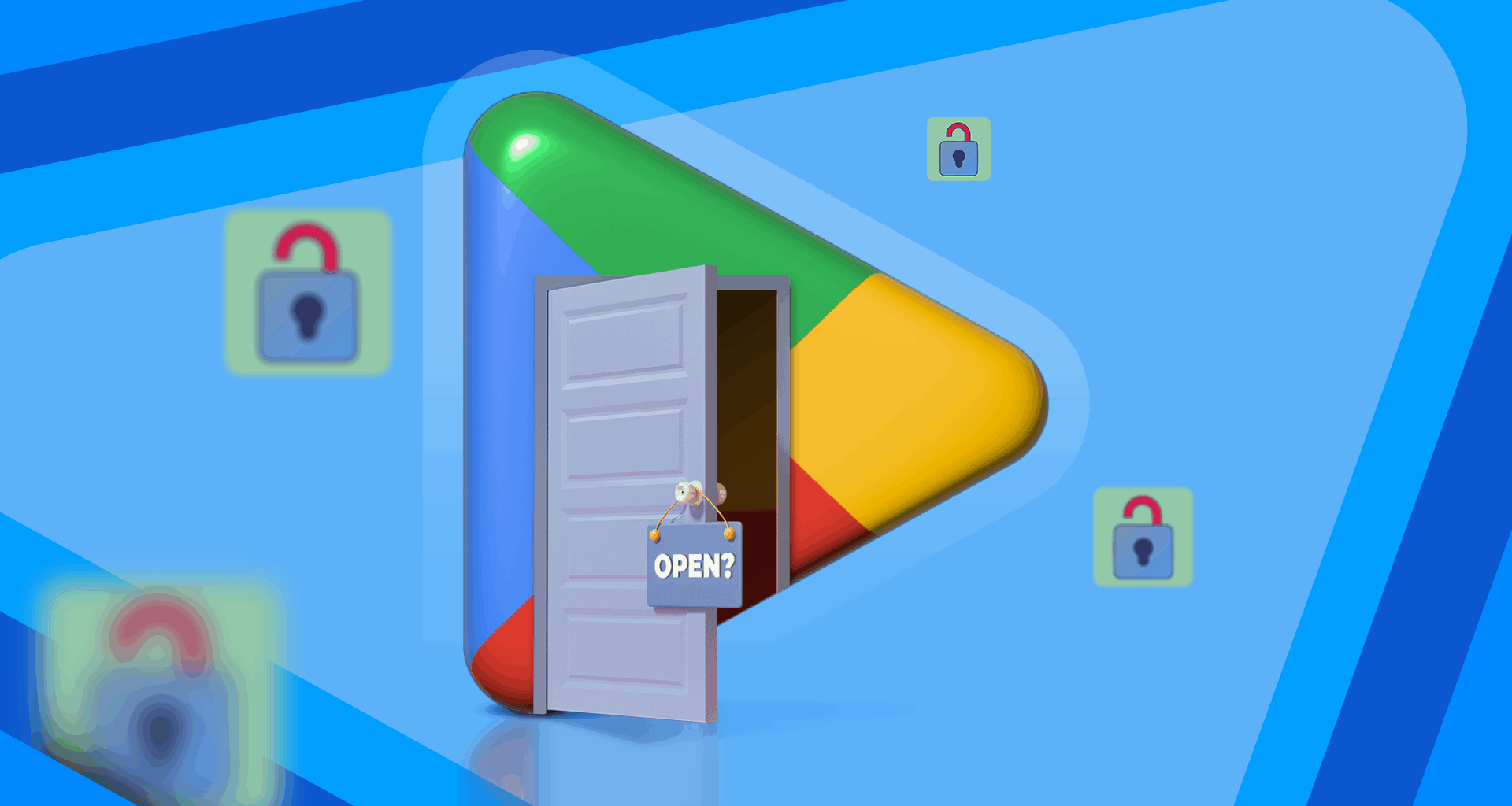In December 2023, a California jury found that Google had created a monopoly in the Google Play Store in a suit brought by Epic Games.
In November 2024, Judge James Donato issued a final ruling that ordered Google to host rival third-party app stores within Google Play, amongst other concessions.
Google failed to appeal this decision, and in August 2025, Google was given three weeks to make the changes.
However, the legal drama isn’t over. Google is appealing again to overturn the August ruling, but the future doesn’t look bright for the tech giant.
But legal jargon aside, what does this mean for us?
What changes will Google have to make?
There are serious implications here for Google’s bottom line

The details of the court case can be found in Judge James Donato’s injunction from October 2024. Unless it successfully appeals the decision, Google must not:
- Share revenue generated by the Play Store with other app store distributors for three years.
- Deal with an app developer to launch an app first or exclusively on the Play Store.
- Deal with an app developer to not launch an app on a third-party app store or create features exclusive to the app when downloaded from the Play Store.
- Deal with an OEM or carrier to not preinstall a third-party app store.
- Require the use of Google Play Billing in apps and prohibit developers from informing users about alternative payment methods, and require developers to set a price depending on the billing service used.
- Prohibit a developer from informing users about the availability or pricing of an app outside the Play Store.
- Deny third-party app stores access to the Google Play Store’s app catalog.
- Prohibit the distribution of third-party Android app stores through the Play Store.
All these orders are applicable for a period of three years. You can read the October 7 injunction for the full details, but the result is simply that Google will lose its app store monopoly on Android.
So what does this mean for us?
You won’t see much change in how you install, pay for, or use apps
Don’t expect to see prices lower for apps and in-app purchases

Epic Games’ stake in the matter is simple. If it doesn’t have to use Google Play Billing, it won’t have to give Google a 30% cut of its income from its apps, which it has been trying to circumvent since 2019.
When we’re discussing a game as phenomenally successful as Fortnite, this is a huge deal.
So if you install Fortnite, or any other app or game from the Play Store, you’ll still make payments in the same way you’re used to.
The app developer might take 100% of the revenue, but I wouldn’t hold your breath for these savings to translate into 30% lower prices.
The only change you will notice in the Play Store is that you will see suggestions for third-party app stores in the Play Store and within apps.
Don’t like the look of any of these other app stores? Then this court ruling means effectively nothing to you.
Third-party app stores could thrive
But I love the Play Store’s security measures
The Google Play Store is a deeply flawed service. I can’t remember the last time I browsed for a new app, as the number of ads, ‘recommendations,’ and slop apps has turned the experience into a frustrating chore.
But if it does anything well, it’s security. Download an app from the Play Store, and you’re unlikely to unwittingly install malware or worse on your Android device.
Third-party app stores may provide better recommendations, fewer ads, and a friendlier UI, but they don’t have Google’s years of experience in protecting our devices.
I would love an app store that I enjoyed browsing, but would I sacrifice my digital security for it? No.
We’ll have to wait and see what measures third-party app stores introduce to match Google’s level of security.
But just because you can download apps from the entire Play Store catalog on a third-party app store doesn’t mean you should.
There’s potential for change, but don’t hold your breath
Theoretically, the court order could prompt Google to make major improvements to the Play Store to retain users.
Theoretically, app developers could lower prices by switching away from Google Play Billing.
Theoretically, a new third-party app store could appear that makes browsing for new apps fun again.
But all we know for now is that Epic Games has the chance to make a lot more money.
This court ruling is a win for app developers and corporations, not the users. Developers will gain greater control of revenue, but it’s up to them to pass these benefits to users.
It’ll take years for the full impact to settle down, but don’t expect much to change.
I’m excited to see what new app stores appear, but I know this won’t translate to savings on my end. At least I’ll be able to play Fortnite on Android again.
